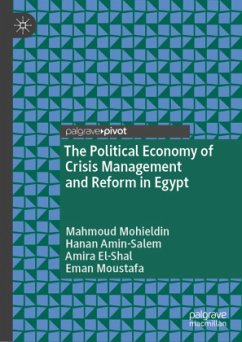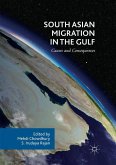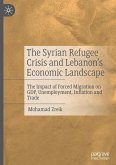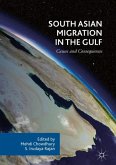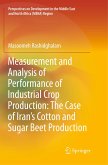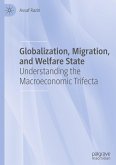There is a significant discrepancy between the population of Egypt and the GDP of this country. This book offers pragmatic policy prescriptions for Egyptian decision-makers. It provides a path forward and toward a better future for the Egyptian people. The country faces challenges with household income, social welfare, productivity, and many other markers of twenty-first century economic success even vis-à-vis other developing country peers.
This book focuses on framing the optimal macroeconomic policy agenda for Egypt in the face of the big global, regional and national forces that are being accelerated, intensified or changed by the COVID-19 crisis rather than on specific sectoral policy formulations. The authors present these big questions in the context of showing how Egypt can best navigate the risks and seize the opportunities of the current period of intense flux and transition, to put itself in the best possible position to create prosperity, stability, and hope for its citizens. The authors examine to what extent the Egyptian authorities can fulfill their ambitious development plans and in producing this work, to provide useful lessons that can be applied to other governments struggling to respond to the challenges of the age.
This book focuses on framing the optimal macroeconomic policy agenda for Egypt in the face of the big global, regional and national forces that are being accelerated, intensified or changed by the COVID-19 crisis rather than on specific sectoral policy formulations. The authors present these big questions in the context of showing how Egypt can best navigate the risks and seize the opportunities of the current period of intense flux and transition, to put itself in the best possible position to create prosperity, stability, and hope for its citizens. The authors examine to what extent the Egyptian authorities can fulfill their ambitious development plans and in producing this work, to provide useful lessons that can be applied to other governments struggling to respond to the challenges of the age.

